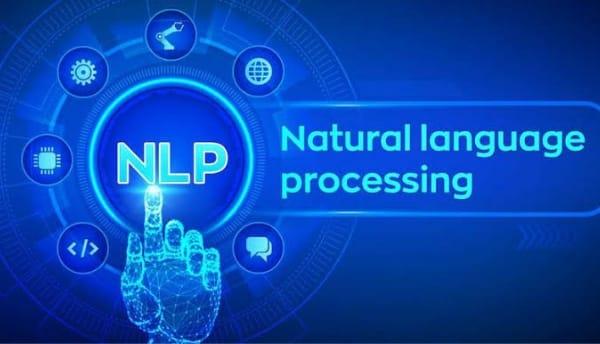
The world is spinning faster these days. Speed in customer service is the need of the hour and businesses are employing all available technologies and processes to cope up with the customer need. Chatbots are an effective way of automating customer service and freeing up valuable resources for other important tasks. It is also a popular way of offering 24/7 customer service, saving training costs, operating in new geographies with speed and scalability at finger tips. Having said that, there are certain ethics to be followed while employing bots which can influence the customers’ views of how trustworthy an organization is.
Talking to Homo Sapiens or chatbots?
Your bot can be built with AI and made to respond as effectively as a human contact that, when it faces your customer, he/she might not even know that they are not interacting with a human. The first step in chatbot ethics is revealing that your customer is interacting with an intelligent chatbot and not a human contact.
Customers are of course smart enough to find the difference. They don’t expect your bot to be a know-it-all but transparency on the identity can help understand the limitations and builds trust. Extra checks in case of sensitive information goes a long way in assuring customers of privacy and security.
A small intro about the chatbot, how it can help, what information it stores and for what purpose can help make the process transparent. The option to connect to a human in case of doubts and emergency should be built-in to emphasize trust and security.
Built for customers or high profit margin?
A chatbot serves business goals but is it doing at the cost of your customer’s interest? A bot to personalize recommendations to customers should consider customer’s preferences only and not business margin. Ethics here involves putting your customer needs before pushing products with high profit margins. Selling based on customer’s preferences also involves collecting feedback on what you sell, rating customer satisfaction on the recommendations, feeding the bot with new feedback and maintaining the same ethics.
Who provides information for the chatbot to chew?
Chatbots collect a lot of valuable information from the consumers and ownership of this information can be a intellectual property issue. A bot built to empower a user to make his own sandwich combination can get a winning recipe but does it belong to the business or the user who created it? A clarity about the clear demarcation of intellectual property rights and consent by the users can help avoid these ethical issues.
Does the chatbot understand and prevent abuse?
Any request from the user to abort a conversation should be responded immediately by a built-in protocol to avoid spamming and abusive behaviour. In the same way, chatbots should be built-in to respond neutrally or aborting in case of abusive language/behaviour by users. An escalating response to such behaviours through human intervention should be provisioned in case of anti-social behaviours.
How does the chatbot employ the information it collects?
In today’s connected world, data privacy and security is of utmost importance. Any chatbot built should give users the option to remain private or be forgotten. Any information collected by the bot and shared with other systems or technology should be transparent and have the users prior knowledge and consent.
Though in its infancy, chatbot is growing rapidly. With its growth, the ethical issues also continue to grow and modify. Businesses should be agile and transparent to learn from emerging situations and update their standards to build a network of trust, transparency and security for its customers.








